The University of Washington’s Undergraduate Research Program has recognized six Allen School students for excelling in their area of research. Skyler Hallinan, Raida Karim and Ximing Lu were selected as Levinson Emerging Scholars and Jerry Cao, Jakub Filipek and Millicent Li were named Washington Research Foundation (WRF) Fellows.
Both the Levinson Scholars, funded by Art (UW ‘72) and Rita Levinson, and the WRF Fellows are chosen for their innovative research in bioscience and other related fields. The scholarships will enable them to pursue their projects while continuing to be supported by their mentors and lab colleagues.
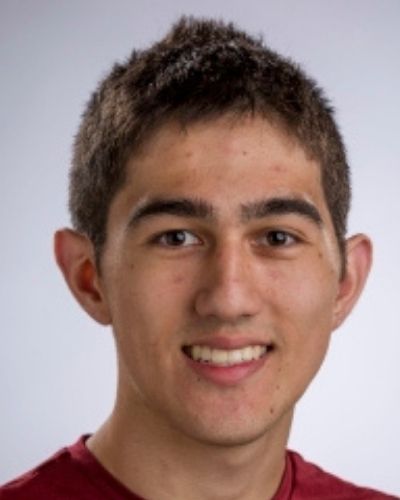
Hallinan is a senior majoring in computer science, bioengineering, and applied and computational mathematical sciences. He works with bioengineering professor Paul Yager.
Hallinan’s research focuses on combating chronic kidney disease (CKD), a disease that affects millions globally. People with CKD often accumulate indoxyl sulfate, a uremic toxin normally filtered out by healthy kidneys, which can cause major illness and lead to death. Hallinan is working to develop a method to effectively remove indoxyl sulfate from CKD patients’ blood via an orally ingestible hydrogel. He is currently modeling, prototyping and testing different candidate hydrogels to engineer a substitute for a functional kidney.
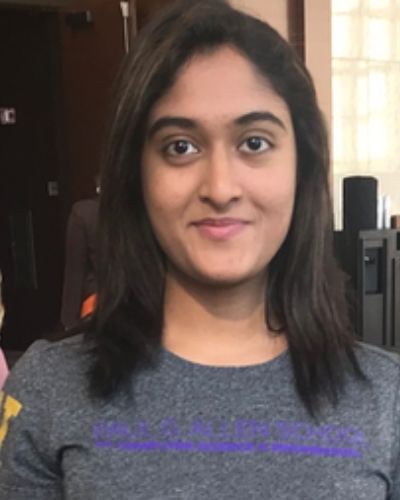
Karim is a senior studying computer science, working with Allen School professor Maya Cakmak in the Human-Centered Robotics Lab.
Karim’s research focuses on measuring stress levels in teens and creating therapeutic, intervening techniques for them with a social robot called EMAR (Ecological Momentary Assessment Robot). Using EMAR, Karim collects stress level measurement data from high school students, and offers interventions that draw from dialectic behavioral therapy and acceptance and commitment therapy. Through this robot interaction experience, Karim aims to help teens be more mindful and present in the moment while developing a robot with a heightened level of sensitivity.
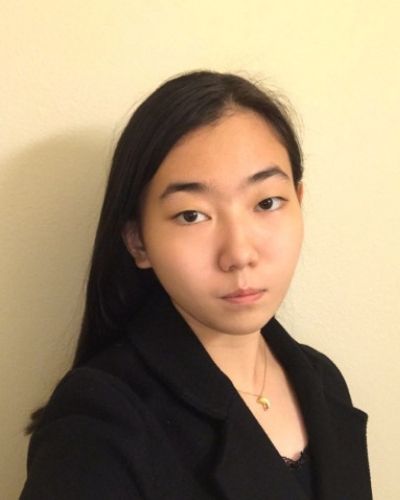
Lu is a computer science and statistics major working with professor Linda Shapiro, who holds a joint appointment in the Allen School and Department of Electrical & Computer Engineering, and with Allen School professor Yejin Choi as a research intern at the Allen Institute for AI.
Lu’s current research with Choi centers around natural language processing and commonsense reasoning. With Shapiro, she focuses on creating a computer-aided biopsy classification system to reduce cancer diagnosis uncertainties. The system, HATNet: An End-to-End Holistic Attention Network for Diagnosis of Cancer Biopsy Images, streamlines the histopathological image classification pipeline and shows how to learn representations from gigapixel size images end-to-end. HATNet can learn representations from clinically relevant tissue structures and match the classification accuracy of pathologists.
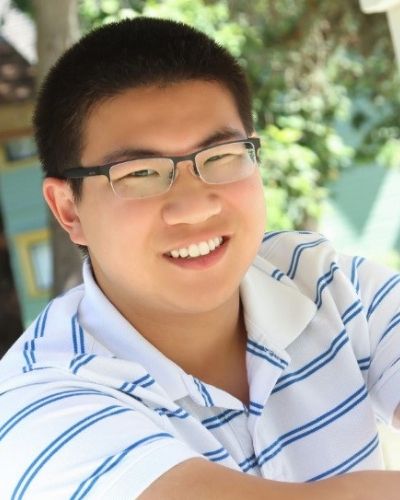
Cao is a junior studying computer science and is in the University’s Honors Program. He works with Allen School professors Jennifer Mankoff in the Make4all Lab and Shwetak Patel in the Ubiquitous Computing Lab.
Cao is currently working on the development of a non-invasive, continuous blood pressure monitor to help patients with cardiovascular conditions. In particular, his work aims to help people with postural orthostatic tachycardia syndrome (POTS), a condition where the body cannot properly regulate blood vessels that causes lightheadedness, fainting, and spikes in heart rate. The device will collect the pulse transit time (PTT), the time for a pulse wave to travel between two points. PTT correlates with blood pressure, which is a known predictor of adverse POTS symptoms. In addition to helping predict symptoms, the device will also provide physicians with a dataset that will make conditions like POTS easier to diagnose.

Filipek is a senior computer science major enrolled in the Allen School’s B.S./M.S. program. He works with physics professor Shih-Chieh Hsu.
Filipek’s research is in quantum machine learning (QML). Quantum computers have the potential to produce results in simple artificial intelligence algorithms to sophisticated neural networks better than their classical counterparts. However, these models are dealing with the bottleneck issue of a limited number of quidbits (the basic unit of quantum information) in near-term quantum devices. FIlipek is working on a hybrid neural network that functions by sandwiching any QML algorithm between two classical neural networks. This allows for automatic scaling of quantum algorithms to inputs and outputs of any size, addressing the bottleneck issue while provisioning an easy way of comparing classical algorithms to quantum ones.
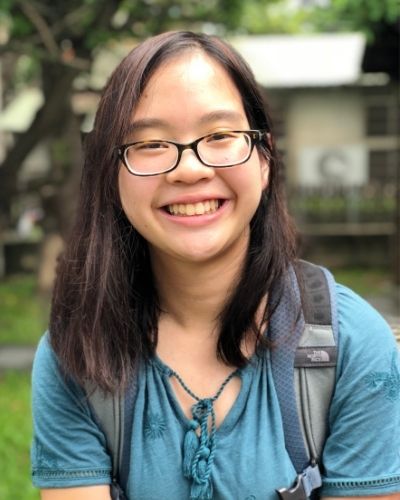
Li is a senior in computer science working with Patel in the Ubiquitous Computing Lab.
Li’s research is in improving the communication abilities of people with speech impairments by developing a silent speech interface that can facilitate communication between two people or with smart devices by outputting speech that is imagined but not spoken. Li aims to use a combination of neural signals from the brain to sense the user’s intent in their day-to-day lives and to provide speech accordingly, without the need of facial movement, by using optical signals like functional near-infrared spectroscopy and electrical signals like electroencephalogram.
Congratulations to these outstanding Allen School scholars who are making an impact through undergraduate research!

